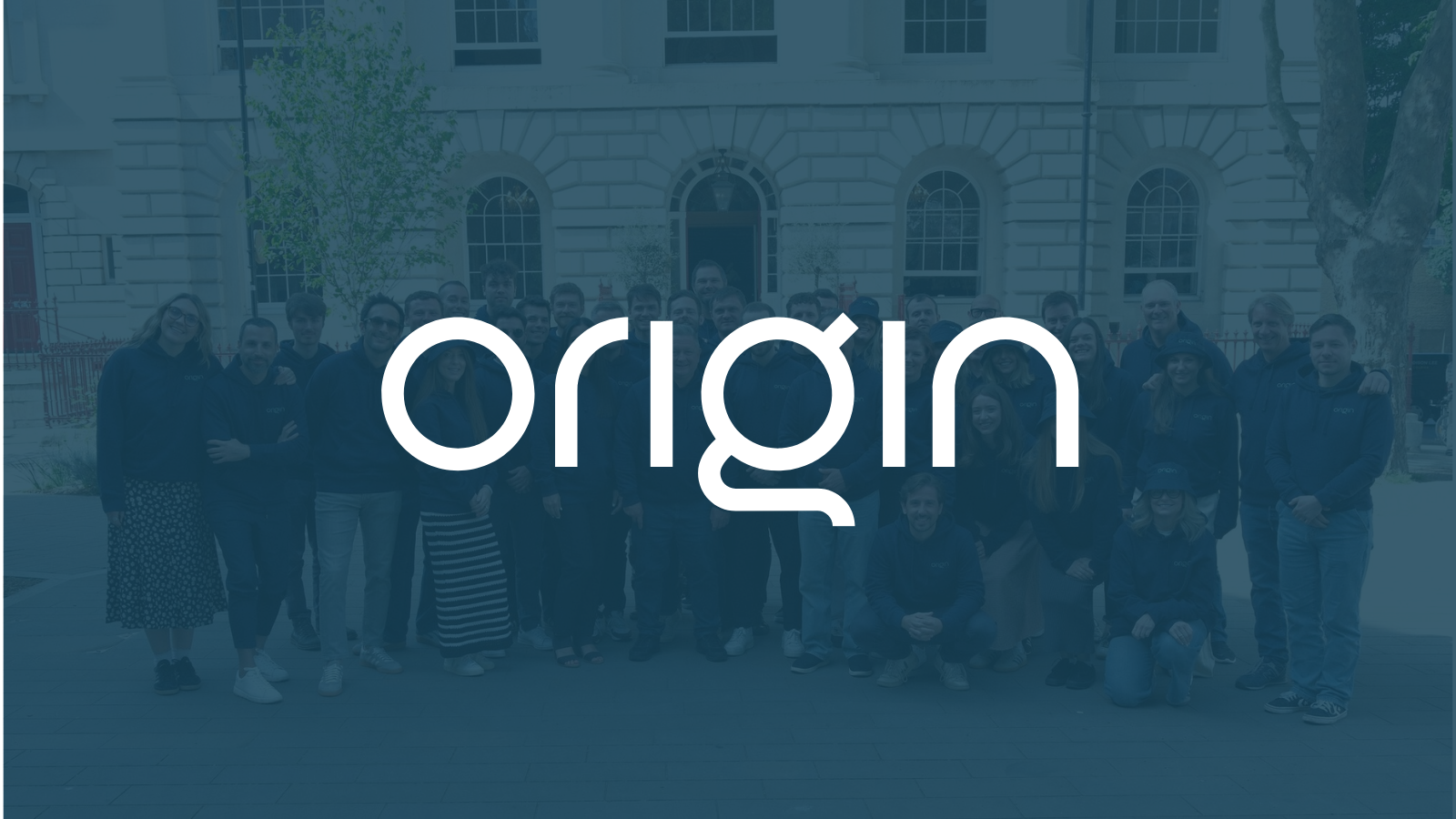Venture Capital in Silicon Valley is Broken
%20(35).png)
I’m a product of Silicon Valley. I was born there in the 70s, navigated my childhood years in the 80s, and returned in the 90’s to start my career. I’ve worked for venture-backed companies in the Valley and most recently invested in companies headquartered throughout “the valley.”
Today, though, I’m an outsider looking in. I live on the East Coast running an early stage venture capital firm, but still spend a good portion of my day entwined in Silicon Valley with fellow VC firms, portfolio companies, and founders. Silicon Valley is still the epicenter of venture capital and continues to lead the Innovation Economy.
But the imperfections of Silicon Valley are starting to show. I’m not talking about crime, taxes, or real estate costs. I’m talking about a broken venture capital industry. The overabundance of cheap money, spurred by low interest rates over the last decade, has created a crisis of capital in Silicon Valley. Let me explain.
Last quarter, we published our inaugural Future of Work 100, a ranking of the top 100 startup companies that are building enduring businesses that make work better, fairer, more meaningful, and ultimately more productive. Since publishing the list, we have dug into the data to better understand the key metrics of the best performing companies and macro trends across the geographies and sectors in the Future of Work.
One of the biggest findings in our analysis, which shouldn’t come as a surprise to many, is that Silicon Valley based startups founded over the last decade, are grossly overvalued, overfunded and, most surprisingly, underperform their peers across the world. The data tells an important history lesson in venture capital.
Overvaluing Silicon Valley
Based on our analysis of the Future of Work 100, venture-backed startups based in Silicon Valley have commanded a significant valuation premium as compared to companies located outside Silicon Valley and across Europe.

Those startups listed in the Future of Work 100 that are headquartered in Silicon Valley received a 61% price premium as compared to companies based in Europe and 45% in non-Silicon Valley companies. More concerning, though, is the annual recurring revenue (ARR) multiple that have been applied to startups in Silicon Valley. The ARR multiple is the valuation of a company divided by its ARR. Companies in Silicon Valley currently “trade” at 23.4x revenue multiple to last twelve month’s (LTM) revenue.

Comparatively, the median company is currently 17.4x LTM revenue and, in Europe, that median drops to 11.9x. That’s a 97% multiple variance between Silicon Valley and Europe.
Overfunding Silicon Valley
Over the last decade, the typical Silicon Valley “unicorn” raised $330M with a median valuation of $2.8B. Those companies had a median trailing ARR of $90M. The valuation to capital raised ratio in Silicon Valley from our Future of Work 100 is 6.8x. Silicon Valley companies have commanded a 20% increase to the median. If you compare the valuation to capital raised vs. non-Silicon Valley and European startups, the premium is 4.9x and 4.2x respectively.

Silicon Valley companies in the Future of Work 100 sustained higher burn than their peers outside of Silicon Valley and Europe. The median annual burn for a Silicon Valley startup was $112.9M versus $103.3M (🔻9%) for European startups and $98.3M (🔻15%) for startups outside of Silicon Valley. The value to capital raised subsequently created high burn rates manifested in inefficient growth.

Underperforming Silicon Valley
One would think well-financed startups would outperform in terms of revenue traction and growth. Not true. Not only are Silicon Valley startups overvalued and overfunded but they also underperform in terms of ARR and ARR growth. The median ARR for startups based in Silicon Valley was $60M compared to their peers in Europe at $80M. That’s a geographical variance of 33%.

Additionally, European startups are also outperforming Silicon Valley startups in terms of ARR growth at 108% versus 100%, respectively.

Our Observations
Monetary policy over the last 15 years created a tsunami of money supply saturating the entire startup ecosystem with Silicon Valley as the biggest beneficiary. In Silicon Valley, when you combine an oversupply of capital, with the psychological forces of “missing out” (better know as FOMO), irrational valuations follow.
Historically, there was a perspective that Silicon Valley companies generate higher exit valuations and therefore can justify higher valuation through the funding lifecycle. This may still be true in a few instances but recent public IPOs such as Monday.com (Tel Aviv), Paycor (Cincinnati), Docebo (Toronto) and acquisitions like Peakon (London) and Immedis (Dublin) suggest great companies can be build anywhere in the world, at least in the world of work, and overpaying for provenance is a fool’s errand.
Today, Silicon Valley is badly damaged with overvalued startups that lack the necessary growth that will bring them to a successful exit. In an increasingly constrained capital market, the “overvalued and underperforming” companies now face the challenge of either growing into their high valuations or dramatically reducing their burn in an effort to achieve profitability (at the expense of top-line revenue growth.) Many companies won’t survive. Others will get acquired at highly discounted valuations below public market comparable valuations.
Silicon Valley is long-overdue for a reset. For venture capital to work effectively, all stakeholders must be rewarded, including investors, founders, and employees. When valuations get outsized, employees tend to be the biggest losers. Will this happen? Maybe but unlikely. Large, multi-stage firms continue to fuel valuation excess with early-stage “option” bets. For many VC firms in the valley, TVPI, or the paper value of the portfolio, is unlikely to translate into DPI, or real cash returns. We believe great companies can be built anywhere in the world with more favorable entry prices and valuations…and outperforming LP returns will follow.


%20(1280%20x%20720%20px)%20(16).png)

.png)

.png)